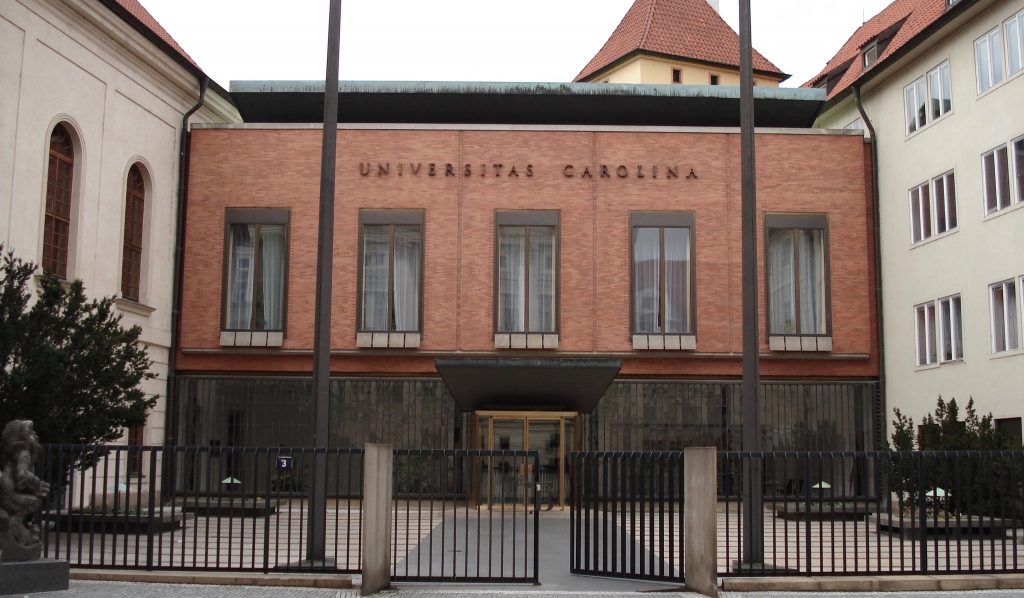The European Universities Initiative is a new programme launched by the European Commission. It is intended to build transnational networks of universities but unlike previously existing networks that mostly have short-term strategies the new alliances should focus on long-term plans. The EC hopes it will help to boost European cooperation and strengthen academic performance.
The first call was announced in October last year. The total funding is EUR 60 million for 12 pilot networks. The initiative has aroused strong interest among universities. More than 300 higher education institutions from 31 European countries created 54 alliances and submitted their applications in the call. Institutions from Central Europe are among them.
4EU+
Charles University and University of Warsaw have submitted application as a part of the 4EU+ alliance. The 4EU+ was launched two years ago and it comprises six European research-intensive universities. The other members are the University of Heidelberg, Sorbonne University, University of Copenhagen and University of Milan. The alliance wants to create a new quality of cooperation in teaching, education, research and administration. It focuses on three main challenges: boost mobility, increase inclusiveness and balance at a European level and develop a common challenge-based framework for education (for example by designing flexible learning paths)
The 4EU+ institutions have already been successful in obtaining several national grants, which enabled the alliance to increase its common budget, offer micro-grants and seed funding for the further development of joint initiatives, thus already putting the first 4EU+ projects in motion. The establishment of joint governance structures enabled streamline cooperation. The participation of the 4EU+ Alliance in the “European Universities” call is supported by more than 20 partners range from non-governmental organisations, chambers of commerce, regional authorities, and business partners, among them Cap Digital, SAP SE and Suez.
EPICUR, Charm-EU and CIVICA
Poznan-based Adam Mickiewicz University (Poland) became a partner in an EPICUR (“European Partnership for an Innovative Campus Unifying Regions”) . In the consortium Polish university is collaborating with institutions from France, Germany, Austria, Holland and Greece. EPICUR focuses on the field of university teaching and places liberal arts and sciences education, the digital transformation of teaching forms as well as the expansion of mobility for students at the heart of its collaboration.
Hungary’s Eötvös Loránd University together with University of Barcelona, Trinity College Dublin, Utrecht University, the University of Montpellier joined Charm European University. This new alliance was launched in January this year. One of the main focuses of this network will be the United Nations’ Sustainable Development Goals.
Budapest and Vienna-based Central European University joined forces with another six institutions from France, Germany, Italy, Romania and Sweden and created CIVICA. Its goal is to become The European University of Social Sciences. According to the founders CIVICA will be a prototype of the university of tomorrow, generating innovative social science solutions for the world’s most pressing challenges, and promoting European civic values.
Results in summer
The first 12 European Universities will be selected by mid-July. Each network can receive maximum 5 million euro grant and universities are to start working from the next academic year.
The European Commission intends to establish 20 European Universities till 2014. The next call for proposals will be made in autumn 2019.











